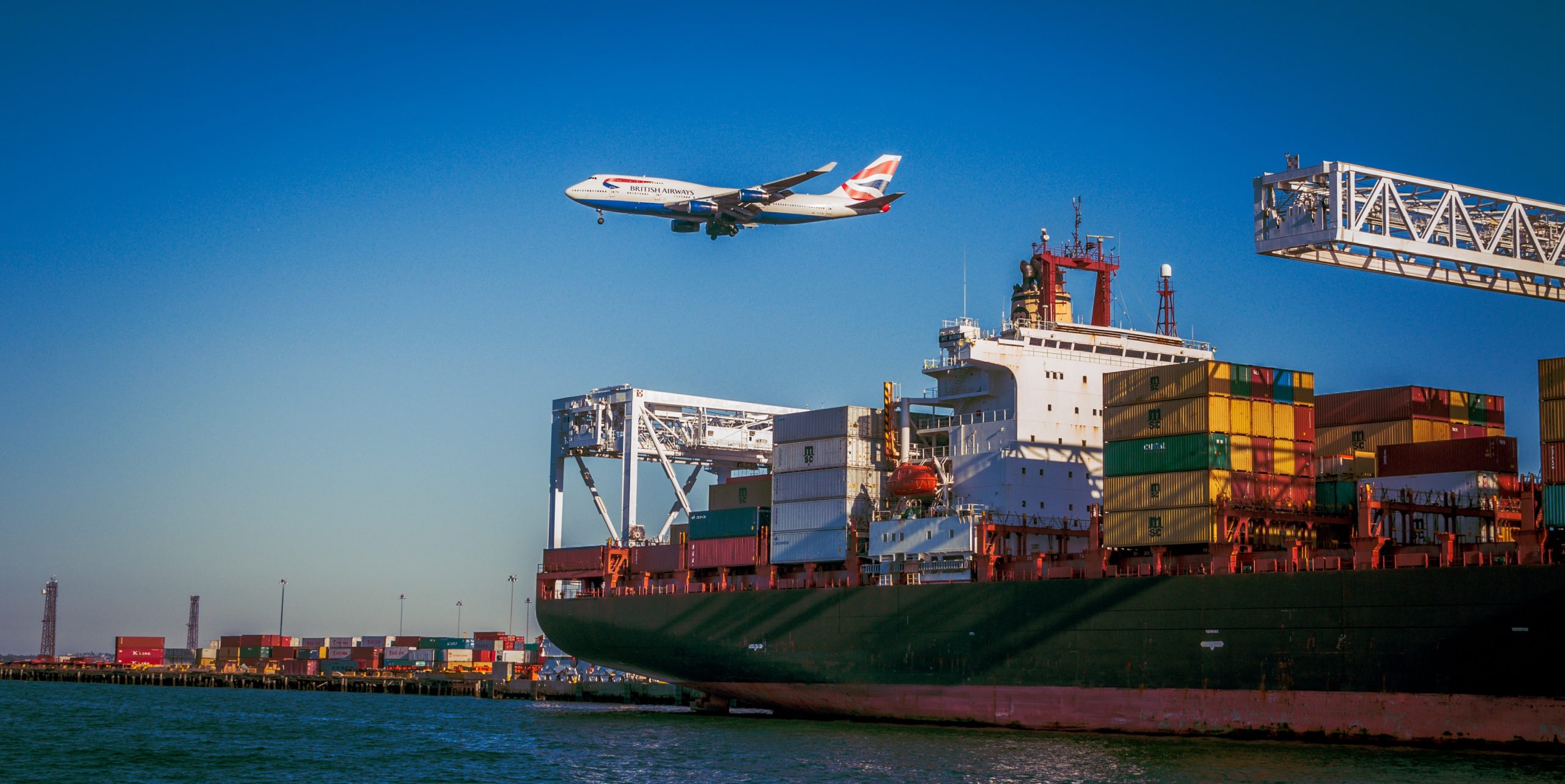Shipping is the most important, yet challenging part of any e-commerce business. So many
details go into it, making the logistics complex and overwhelming.
To add wood into the fire, shipping costs in Canada are sky-high compared to other countries. The country is large with a small population concentrated on remote locations.
The good news is that, if you play your cards right, you will have an easier shipping experience.
To help you, we have put together a guide to working with shipping companies in Canada. Choose the Right Shipping Company.
First off, your choice for the shipping company matters when you are sorting out your shipping strategy. You need to pick a reliable and affordable courier from the available ones. Whether you choose FedEx, UPS, Purolator, or Canada Post, your choice will be determined by the distance, your products’ dimensions, and speed of delivery among other factors. Ask yourself if you have large products that need more space, products that require being kept under certain conditions, your budget considerations, and your delivery timelines. Note that some shipping companies don’t transport perishable and expensive items.

Here are some of the factors to consider when choosing a courier company.
1. Shipping Rates
Your courier’s shipping rate will largely determine your decision to work with them or not. In theory, you need a fat bank account to ship any product in Canada for the reasons stated above. To make matters worse, a large percentage of your customers will be looking for free or extremely cheap shipping. So, do you go for high shipping rates and a ton of customers in the process or go for customer demand and free (or cheap) shipping?
If you want to stay competitive in business, you have to try all you can to keep your costs low. Consider courier companies that won’t transfer the price of fuel on to you and whose residential delivery and service fees aren’t exorbitant. Get multiple quotes before deciding the right company for your needs.
2. Package Dimensions
Shipping companies use package dimensions to decide rates. You are lucky if your package
dimensions are somewhat uniform across the entire inventory as this makes it easier for you to find the right shipping courier. All you’ll do is look for the most affordable courier that will transport your package size and weight.
Things get a little complex if you are shipping several products with varying dimensions. The prudent thing to do in this situation is to split your goods into categories based on weight and size then choose a company that will transport each category for the lowest rates.
Packaging also plays a big role when it comes to shipping. The compact your package is, the lower the shipping cost. Choose your packaging in a way that is big enough to safely house your products without inflating the shipping costs.
3. Destination
The origin and destination of your package are also crucial when it comes to choosing courier company. It is certainly a huge factor in how couriers set their delivery prices in Canada.
As stated above, there are plenty of remote locations in Canada. If you are planning to shop nation-wide, consider looking for companies that can ship at the lowest rates across the country.
Once your business picks up the momentum, you’ll know where your customers hail from and can use fulfillment warehouses instead of shipping. Obviously, the closer the fulfillment store is to your bulk of customers, the lower your costs. When it comes to international shipping, always go with FedEx or UPS. This way, you can rest assured that your package is in good hands.

Decide On Your Shipping Strategy
Your shipping strategy is another major player when it comes to working with shipping
companies.
This one can make or break your competitive edge in business. Some of the common
strategies for Canadian e-commerce merchants include the following:
? Live Rates: These are real-time rates based on the destination and weight of the order.
With this strategy, 100% of the shipping costs are taken care of by the customer.
? Table Rates: Shipping classes are created based on the destination, value, and delivery
speed of the order. Here, you’ll charge different prices for different orders.
? Flat rates: You charge a flat fee for all orders no matter their destinations, dimensions,
and values.
? Free shipping: This one is the most attractive deal for customers as they end up paying
nothing in shipping expenses. Most companies opt for free shipping but considering the
high Canadian rates, you can easily sink your business to its knees if you go this route.
Each of these strategies has its pros and cons. Your choice depends on the desires of your
customers, your competition, and what your budget can allow.
Hopefully, this guide has shed some light on shipping in Canada. Even with the ridiculous
shipping rates in this country, you can still make it in the e-commerce space. Carefully consider
your strategy and choice of shipping company for the best shipping experience.
